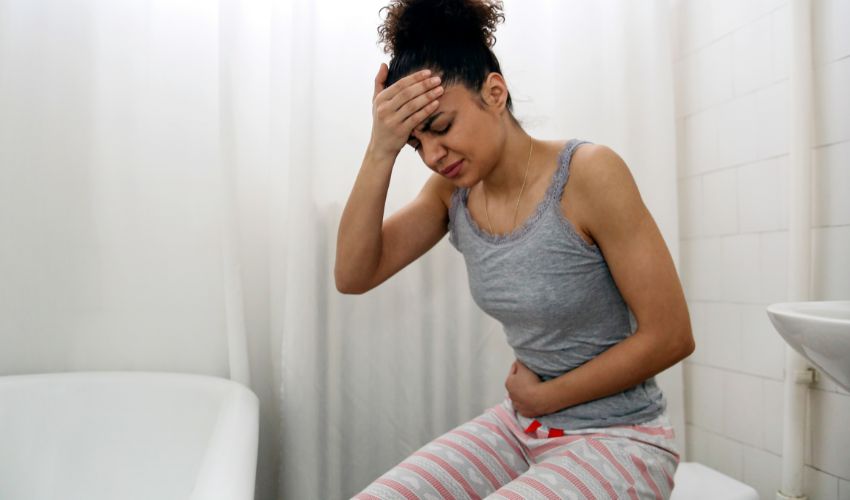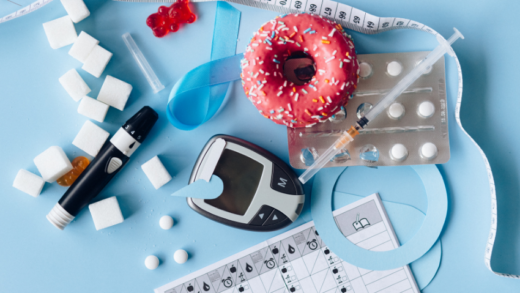Constipation is a common digestive problem that affects people of all ages. It is characterized by infrequent bowel movements and difficulty passing stools. Constipation can cause discomfort, pain, and even serious health problems if left untreated. Fortunately, constipation is usually preventable with simple lifestyle changes and dietary modifications. In this article, we’ll share 10 simple tips to help you prevent constipation and keep your digestive system healthy.
Stay Hydrated
Drinking enough water is essential for maintaining healthy bowel movements. Dehydration can cause hard, dry stools that are difficult to pass, leading to constipation. Aim to drink at least eight glasses of water each day. You can also try drinking herbal teas or eating water-rich fruits and vegetables like cucumber, watermelon, and oranges.
Eat a High-Fiber Diet
Fiber helps to keep your digestive system moving smoothly by adding bulk to your stools. Foods that are high in fiber include whole grains, fruits, vegetables, beans, and legumes. Aim to consume at least 25 grams of fiber per day. If you have trouble getting enough fiber in your diet, consider taking a fiber supplement.
Exercise Regularly
Regular exercise helps to stimulate bowel movements and promote healthy digestion. Aim to exercise for at least 30 minutes per day, five days per week. Activities like walking, jogging, yoga, and cycling are all great options.
Don’t Ignore the Urge to Go
When you feel the urge to have a bowel movement, don’t ignore it. Holding in your stools can lead to constipation and other digestive problems. Try to go to the bathroom as soon as you feel the urge.
Avoid Processed Foods
Processed foods like white bread, chips, and fast food can be low in fiber and high in unhealthy fats. These foods can slow down your digestion and lead to constipation. Instead, try to eat whole, natural foods like fruits, vegetables, whole grains, and lean proteins.
Get Enough Sleep
Sleep is essential for overall health, including digestive health. When you’re sleep-deprived, your digestive system can slow down, leading to constipation. Aim to get seven to eight hours of sleep per night to promote healthy digestion.
Manage Stress
Stress can wreak havoc on your digestive system, leading to constipation and other problems. Try to manage stress through relaxation techniques like deep breathing, meditation, and yoga.

Use the Bathroom at the Same Time Every Day
Establishing a regular bathroom routine can help to regulate your bowel movements and prevent constipation. Try to use the bathroom at the same time every day, even if you don’t feel the urge to go.
Consider Probiotics
Probiotics are beneficial bacteria that can help to promote healthy digestion. You can find probiotics in foods like yogurt, kefir, and sauerkraut, or take a probiotic supplement.
Don’t Rely on Laxatives
While laxatives can provide temporary relief from constipation, they can also be habit-forming and lead to dependency. Instead, try to prevent constipation through lifestyle changes like eating a high-fiber diet, staying hydrated, and exercising regularly.
FAQs:
What are the main causes of constipation?
Constipation can be caused by a variety of factors, including a low-fiber diet, dehydration, lack of exercise, certain medications, and certain medical conditions like irritable bowel syndrome (IBS), hypothyroidism, and Parkinson’s disease.

How can I tell if I’m constipated?
Some common signs of constipation include infrequent bowel movements, difficulty passing stools, straining during bowel movements, and feeling like you haven’t fully emptied your bowels. If you’re experiencing any of these symptoms, it’s a good idea to talk to your doctor.
How can I increase my fiber intake?
Some great sources of fiber include whole grains, fruits, vegetables, beans, and legumes. You can also try adding fiber supplements like psyllium husk to your diet.
Can exercise really help prevent constipation?
Yes! Exercise can help to stimulate bowel movements and promote healthy digestion. Try to aim for at least 30 minutes of moderate exercise per day.
What should I do if I’m still constipated despite making lifestyle changes?
If you’re still struggling with constipation despite making lifestyle changes, it’s important to talk to your doctor. They may recommend medications or other treatments to help alleviate your symptoms.
Conclusion:
Constipation can be an uncomfortable and frustrating problem, but it’s usually preventable with simple lifestyle changes and dietary modifications. By following these 10 tips to prevent constipation, you can keep your digestive system healthy and avoid the discomfort and complications associated with constipation. Remember to stay hydrated, eat a high-fiber diet, exercise regularly, and don’t ignore the urge to go. If you’re still struggling with constipation, talk to your doctor about additional treatments that may be right for you.






















